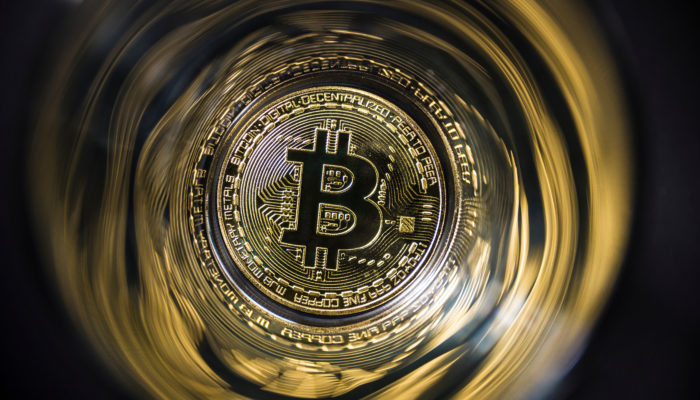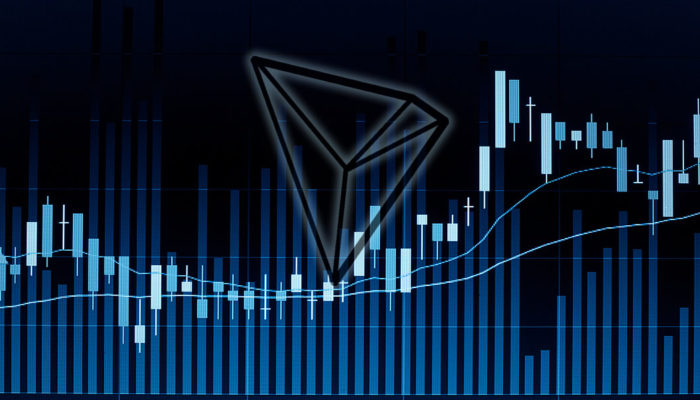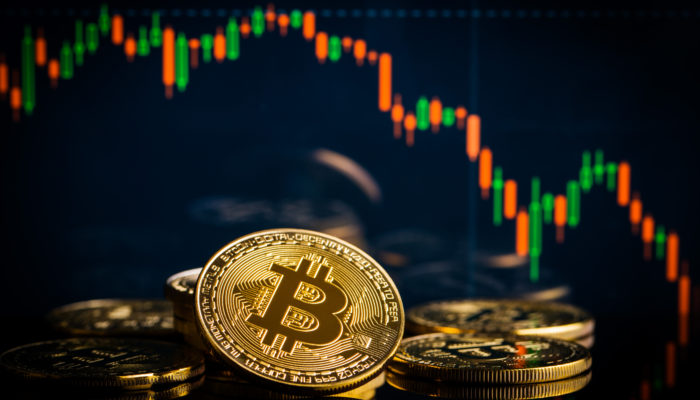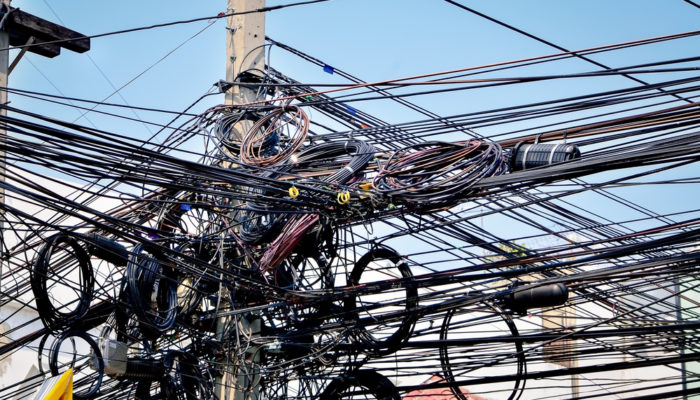The rise in popularity of digital mining and the underlying blockchain technology presents both challenges and opportunities to the energy sector. Cryptocurrency mining is a difficult and costly activity. Miners must pay to build ever increasing bigger rigs capable of vast amounts of processing power, and then the rigs themselves must be powered with large quantities of electricity.
Companies with the access to electricity resources have a huge ‘leg-up” on their competition… so the race to acquire sources of inexpensive electricity can be a life-or-death situation for the mining facility. Many installations actually decide where to build their facilities based largely on the local availability of energy production facilities. As a result, the largest mining operations are springing up in parts of the world with cheap electricity, like China. In 2018, the state of Washington, by some estimates, hosted 15%- 30% of all Bitcoin mining operations globally due to availability of less expensive power sources. The cost matters! Profitability in a large part, relies upon how much their electricity costs… and IF they can even get all that they need.
An article in The Economist said: “BITCOIN has been alarming people for years because of the amount of electricity needed to mint new virtual coinage. Alex de Vries, a bitcoin specialist at PwC, (estimated) that (in 2018) the… global power consumption for the servers that run bitcoin’s software is a minimum of 2.55 gigawatts (GW), which amounts to energy consumption of 22 terawatt-hours (TWh) per year—almost the same as Ireland. Google, by comparison, used 5.7 TWh worldwide in 2015. What’s more, bitcoin “miners” consume about five times more power than they did last year, and orders of magnitude more than just a few years ago—and there are no signs of a slowdown.
An article in VOX added: “As the value of the digital currency has climbed, so has the amount of energy needed to keep this online economy running, which… exceeds the energy use of (over) 159 individual countries…”. All indicators seem to project that it will continue to grow in the years to come.
“We are very pleased to be working with an experienced, professional group such as Block One Technologies,” said Stephen Jenkins, President & CEO of Link. “This partnership allows Block One to access our existing power assets in order to conduct its digital mining operations more cost effectively, while also allowing us to expand our current business operations. While this is the first formal agreement between Block One and Link, the companies intend to pursue future agreements that will play an important role in Link’s growth strategy.”
Bijan Alizadeh, Founder & Chairman of Block One, commented: “By working with Link, Block One can take advantage of the competitive energy prices Link offers, while continuing to expand our digital currency mining operations. We have deep expertise in the digital mining space and partnering with Link on power supply makes a lot of sense for us and our clients.”
Copyright © 2023 iCryptome.com

















